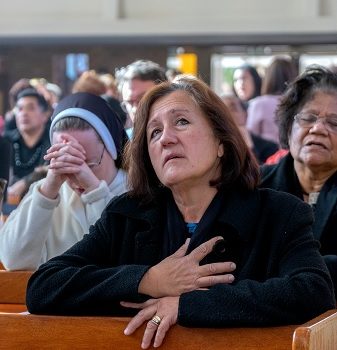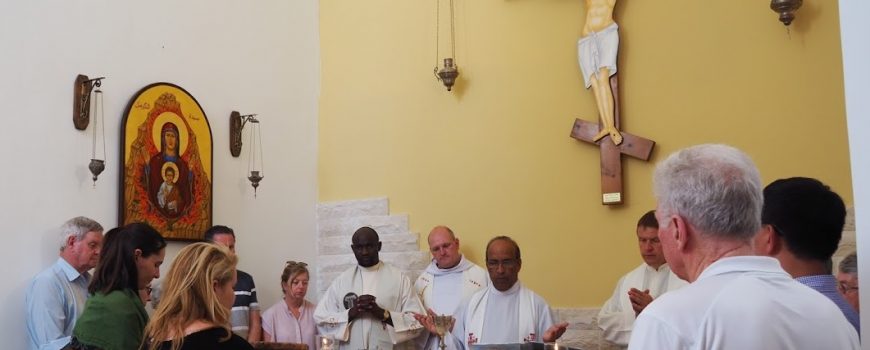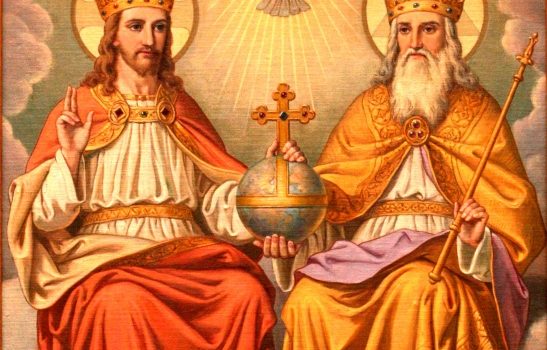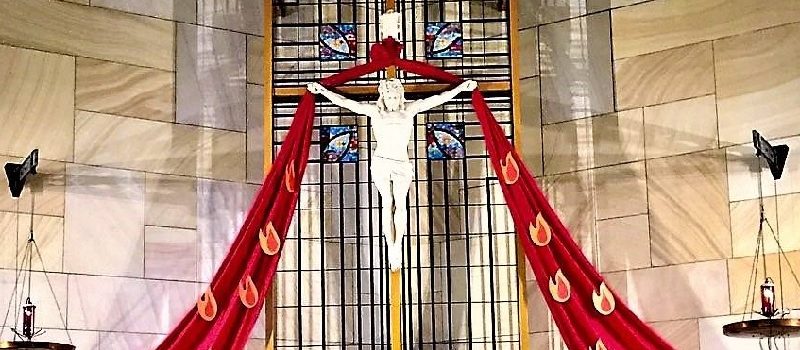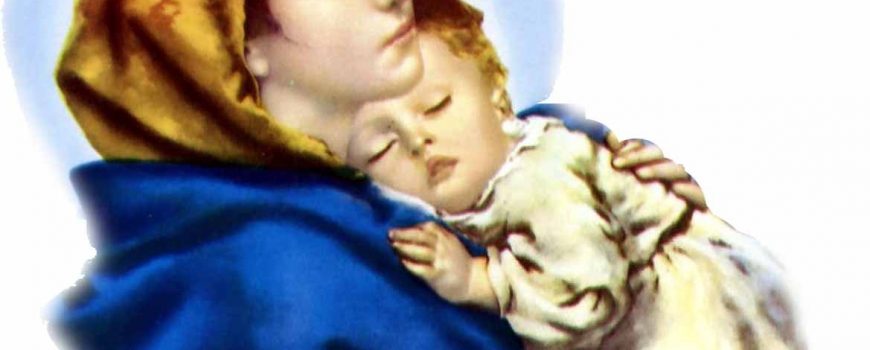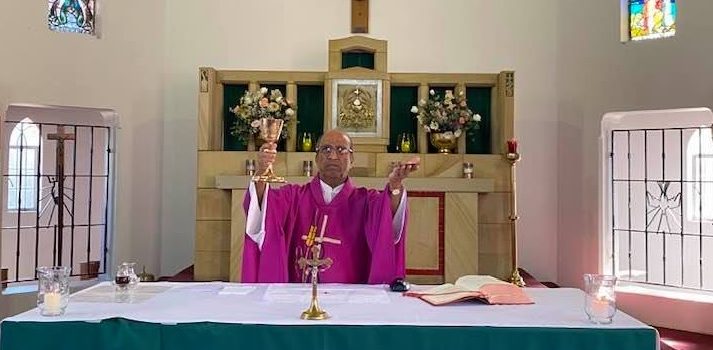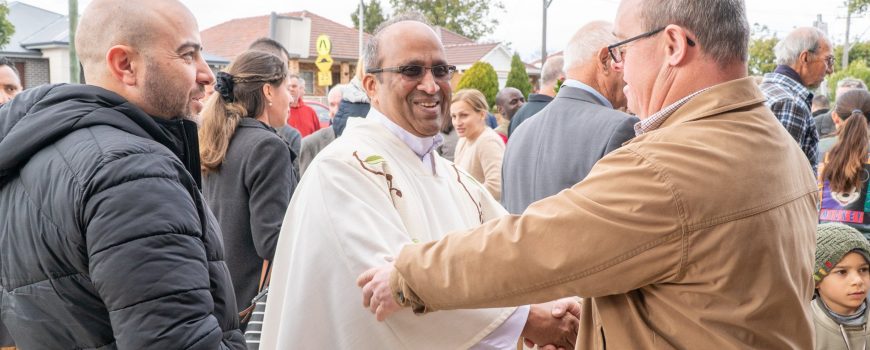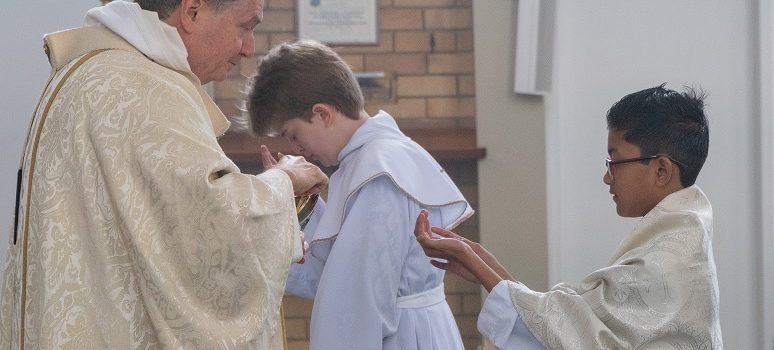I am now meeting with First Communion families. I ask them what they think of the parish. A number of the families speak of the solace the Church is providing them as they come for personal prayers. Some of them said, “I often come for personal prayer in the church and I like the ambience. Life is so stressful. But when I come in and spend about half an hour or sometimes just a few minutes, the peace and consolation I feel after a visit is wonderful.” They even thank me for the things I do for the Church. I remind them that what I do is very minimal. I also tell them that their experience is God’s doing. Some of the parents spoke about how welcoming and friendly it felt coming to the parish masses. I in turn congratulate them for making the parish a very welcoming and friendly one. I have to admit that the joy and encouragement these comments bring surpasses other observations. Last month we had the Mass attendance count. The numbers were not very encouraging. Since the COVID-19 break, Mass attendance and contributions to the church have shrunk a lot. But the parable of the mustard seed (Mark 4:22-34) is very uplifting.
“We are what we eat” is a well-known expression. Obesity is attributed to unhealthy eating. Choosing to eat the right stuff can even cure many physical problems. Even some of mental conditions like depression are linked to eating habits. But the right manner of eating can create friends and happiness. Family ties are strengthened by family meals. Business lunches play a big role in the commercial world. Welcomes and rejections are determined by whether or not the guests accept invitations to meals. The meal we decide to eat is not only a nourishment for our bodies, but in many ways, also defines who we are.
Some years ago, in my homily to a group of high school students, I told the sad story of a lonely man found in an in inner city home. The body was not found until the stench of the decaying body disturbed the neighbourhood. For many weeks he was dead and no one missed him. Listening to this story I could see tears dropping from the eyes of the students. These students were well aware of the need to share life in its exuberance as well as in its barrenness. Without sharing, life is nothing. The more you are prepared to relate to others in love, the richer your life will be. The Bible reveals that our God by nature is total sharing.
The anguish of people in India, where corona virus is like a spree killer, is the headline in the media now. Many concerned people ask me about the well-being of my people back in the midst of this pandemic. By the grace of God most of my people are doing okay, though the spread of virus all around them is causing a lot of anxiety. It is very comforting for my people and me that so many are able to understand the anguish of them and relate to them. Understanding what others want to communicate and relating to them is the essence of language. When you understand the hopes and disappointments, joys and sorrows, of others, it is a great communication which can bring about a good experience which pride and arrogance cannot do.
Whenever the leader of a movement passes on, the question in the minds of all those concerned would be “what next?’. Ascension of the Lord is a feast that relates to a similar question: what next for the disciples of Jesus after he has gone from the face of earth. In answer, Jesus told them two things. First of all “Go out to the whole world; proclaim the Good News to all creation”. Then about those who believe in him as Christ he said this. “These are the signs that will be associated with believers: in my name they will cast out devils; they will have the gift of tongues; they will pick up snakes in their hands, and be unharmed should they drink deadly poison; they will lay their hands on the sick, who will recover”.
Mother is epitome the of love. It starts with a woman falling in love with a man. Giving birth to children and bringing them up in a family, a woman becomes a mother with irresistible love to her family. Fired with love, a mother delights in undertaking sacrifices for her family. When she was a baby or a child, everything was self-centred. Now as a mother, it is not selfish, self-centred, life that matters to her; she finds delight and meaning in self-sacrifice instead. Falling in love and then staying in that love is the foundation of human life that is lived to its fullness. The wonderful fruits of love experienced in a family can be expanded by falling in love with other brothers and sisters; fellow human beings. The wider your range of loving relationships with others, the greater the fullness of your life. Jesus, bringing the love of the Father, wanted all human beings to fall in love and stay in love.
I love good red wine. The quality of wine depends on how the grape vines are treated. Letting it grow wild, especially with lots of water supply is not the best for quality wines. A bit of dry weather and a lot of pruning go a long way in producing better quality wine. With all the summer rain we had this year, the produce of this year may not be the best. A three year old East Australian produce would be better, because it was a dry year then. The Gospel says that there are lessons to be learned from grape vines and wine. Wine and vineyards are metaphors used in Old Testament as well.
Over the past two months, the outbreak of COVID-19 in India has exploded with over 312 thousand new infections, and reports of oxygen shortages coming out. In this time of dire need, the people are angry at many of the leaders because of their lack of care for the desperate. It is in times of need that you appreciate ‘shepherding’ of the leaders. Until they woke up to the fact that it was a matter of life and death, the debates of the political leaders were philosophical. “Jesus said: ‘I am the good shepherd: the good shepherd is one who lays down his life for his sheep’”. When Jesus said this, he was not lecturing on theories. He was presenting himself as the real saviour in their real life. Yet Jesus had to challenge the people on their perception of the real need.
You may still remember a much discussed comment by Pope Francis, “It is not necessary to believe in God to be a good person.” It was a paraphrased version of a homily by the Pope in May 2013 which made headlines in the following year. If there are good people among non-believers, does that mean the sacraments and concept of sin are irrelevant? To me it seems that some of the parents, students, and even some of the teachers of the Catholic Schools consider philanthropy is the only purpose of religion. To them a speeding ticket is sin, but blasphemy does not count. Such an erroneous attitude is creating lapsed Christians to whom fellowship gatherings and sacraments are irrelevant.
At the Easter Vigil, to our great joy, four catechumens were initiated into the Church. I baptised, Confirmed, and gave Holy Communion to Christina Kailahi, Prescila Mafi, Christopher Hayes, and Edwin Kong. Unlike most parishioners who are cradle Catholics, these neophytes cannot claim knowing Christ from very early in their life. Does that make them second class Catholics? None of you might have even dreamt of asking such a question. But in the early church such questions were real. Aren’t the first generation Christians who knew Jesus of Nazareth personally more blessed than the later additions to the Church? John the Evangelist addresses this question of the time by presenting Thomas and encounter with resurrected Jesus, in the Gospel.
